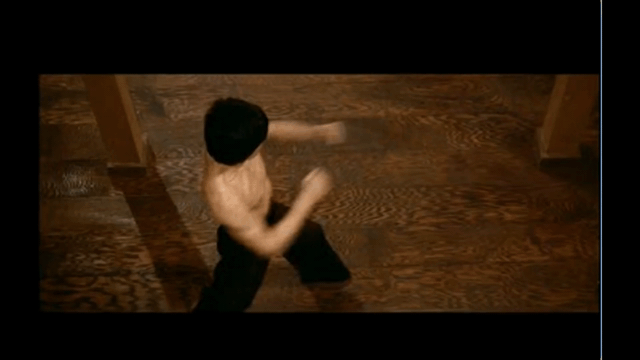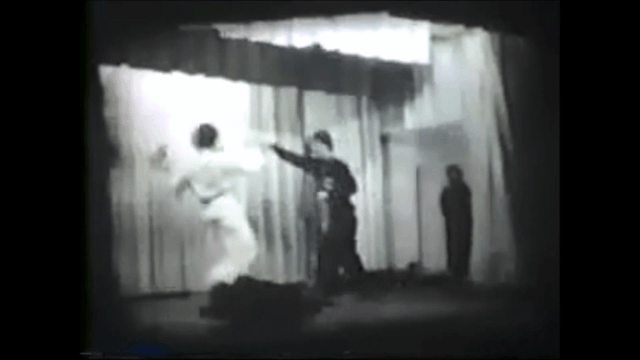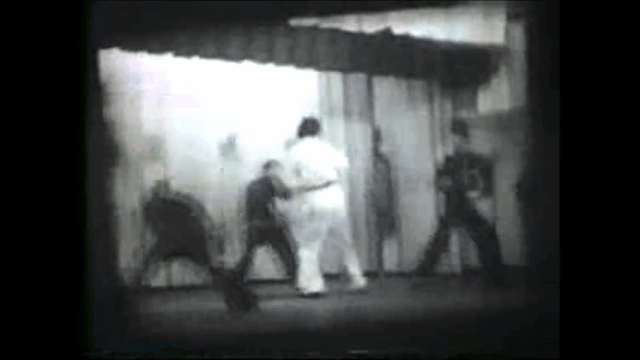skribs
Grandmaster
The new students need to know that MA training is to solve problems. Today, their problems are striker's punch, kicker's kick, and wrestler's leg shoot.
Our general teaching philosophy (which I think is pretty common in TKD) is to teach the puzzle pieces to beginners, and teach advanced students how to put the puzzle together.
Our white belts learn basic punches, basic blocks, basic kicks, and basic counters to a punch or an arm grab. Our advanced students have many different ways of dealing with different situations, and can apply concepts they've learned from hand grabs to punches or kicks (and so on).



